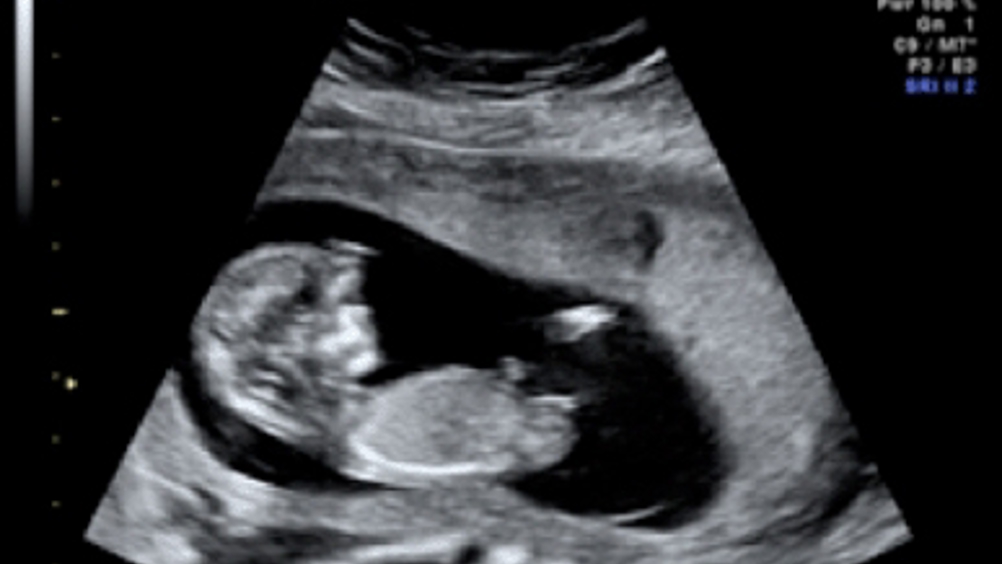Metamaterial brings extra clarity to ultrasound images
Scientists at King’s College London have developed a new material that could lead to considerable improvements in ultrasound technology, enabling the production of high-quality, high-resolution images in biomedical applications.

The researchers have engineered a metamaterial which converts ultrasound waves into optical signals and is claimed to offer significant advantages over conventional ultrasound technology, which itself relies on generating images by converting ultrasound waves into electrical signals.
The research, published in Advanced Materials, is led by Dr Wayne Dickson in the Department of Physics at King’s in collaboration with fellow King’s physicist Prof Anatoly Zayats and colleagues at Texas A&M, Queen’s University Belfast and University Massachusetts Lowell.
In a statement Dr Dickson said, ‘The high bandwidth allows you to sample the change of distance of the acoustic waves with high precision. Greater sensitivity enables you to see deeper in tissue, producing visuals in much greater detail than is currently possible.
‘The greater sensitivity and broader bandwidth means we can go from 0-150MHz without sacrificing sensitivity. Current technology typically experiences a substantial decline in sensitivity around 50MHz. This means the metamaterial can efficiently convert an acoustic wave into an optical signal without limiting the bandwidth of the transducer, offering exciting potential in biomedical applications.’
Register now to continue reading
Thanks for visiting The Engineer. You’ve now reached your monthly limit of news stories. Register for free to unlock unlimited access to all of our news coverage, as well as premium content including opinion, in-depth features and special reports.
Benefits of registering
-
In-depth insights and coverage of key emerging trends
-
Unrestricted access to special reports throughout the year
-
Daily technology news delivered straight to your inbox










Water Sector Talent Exodus Could Cripple The Sector
Maybe if things are essential for the running of a country and we want to pay a fair price we should be running these utilities on a not for profit...